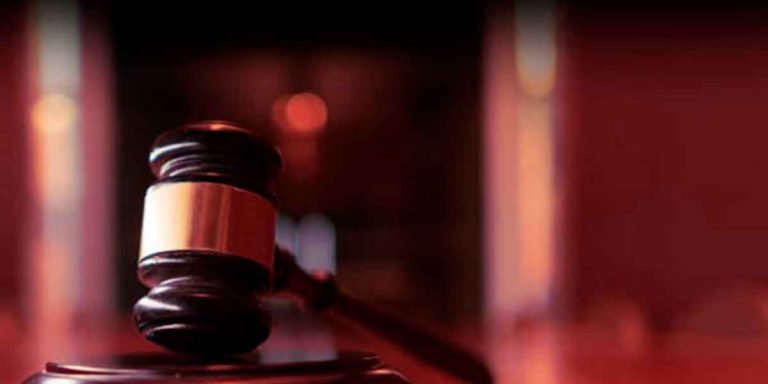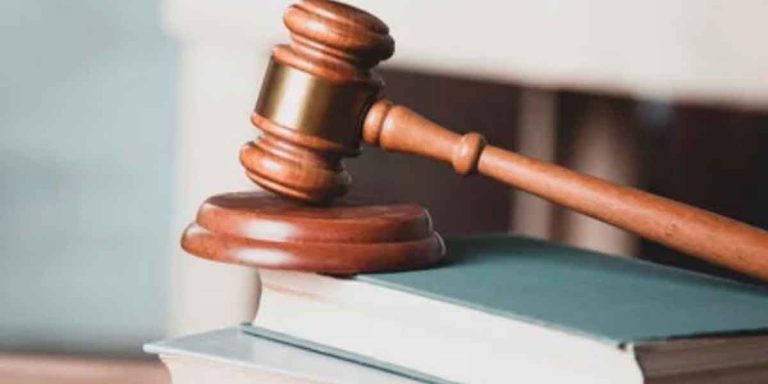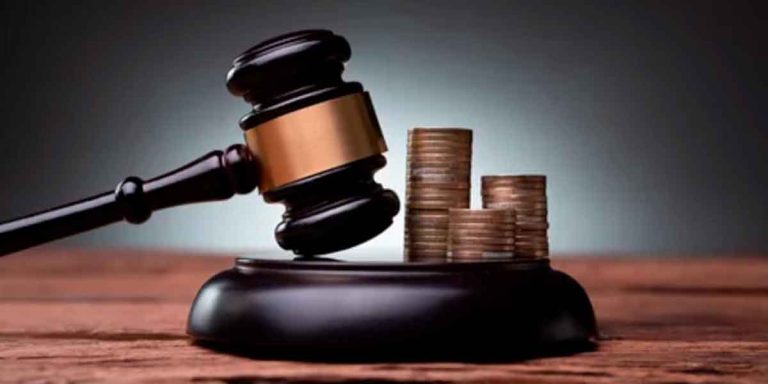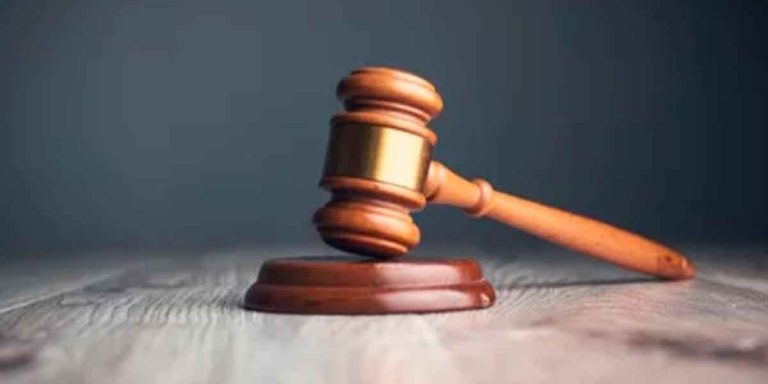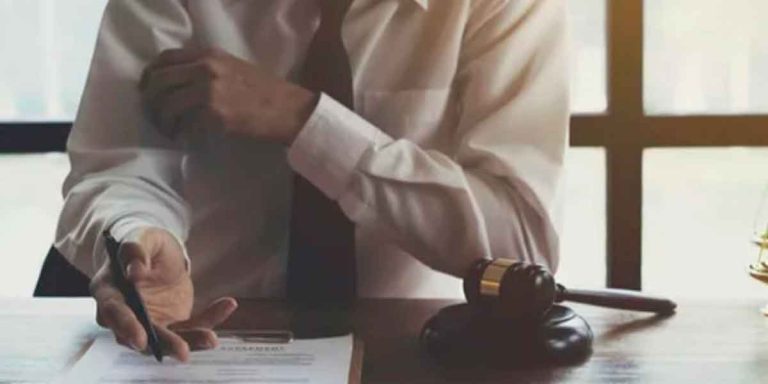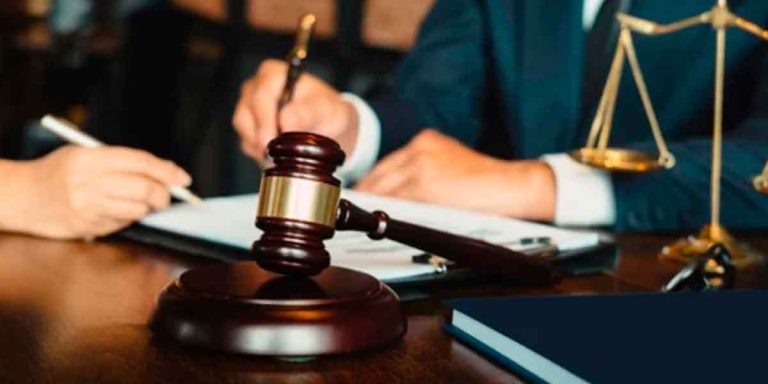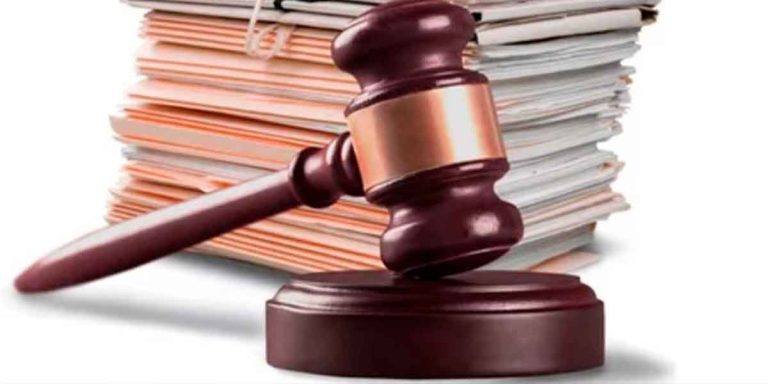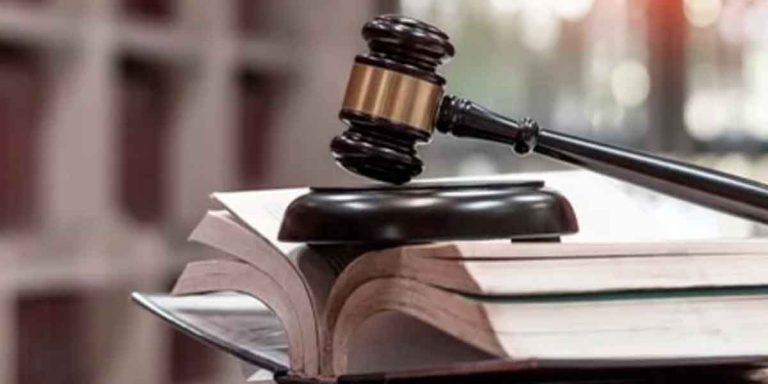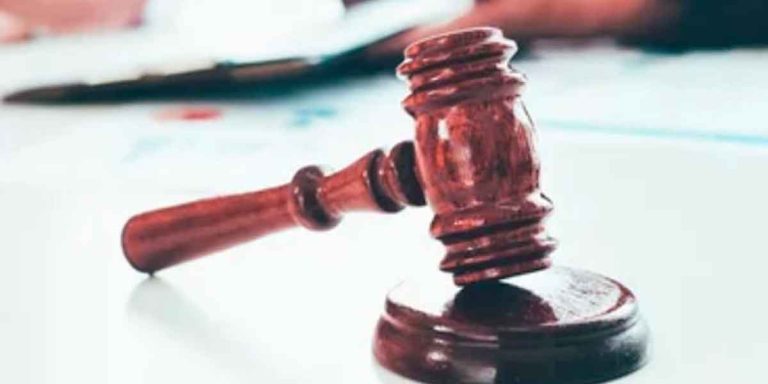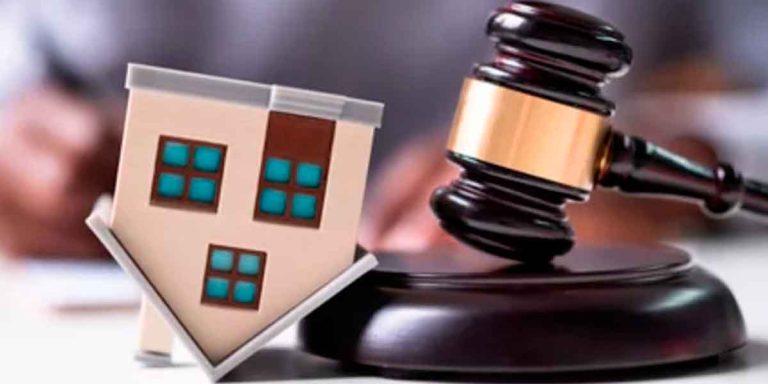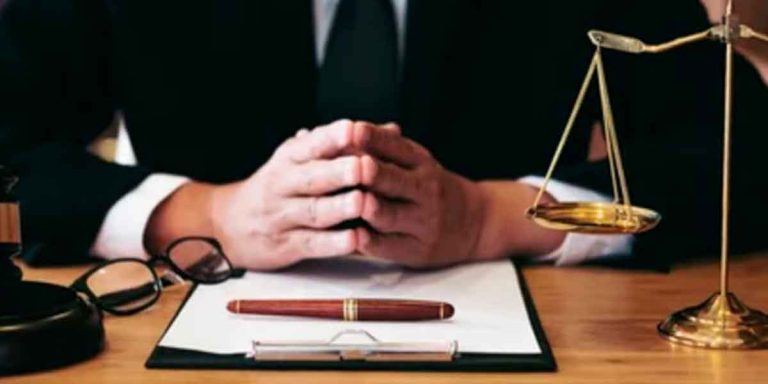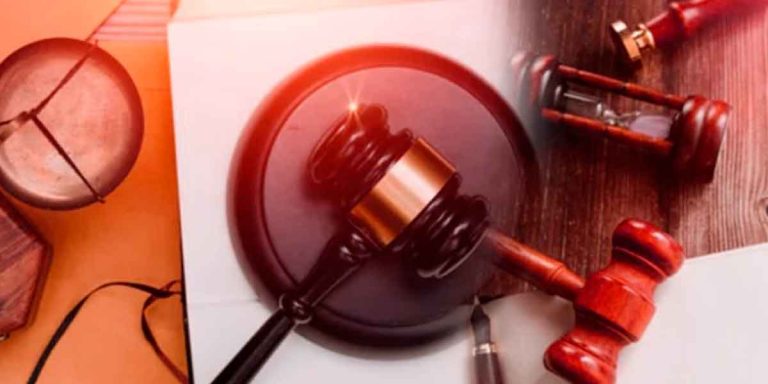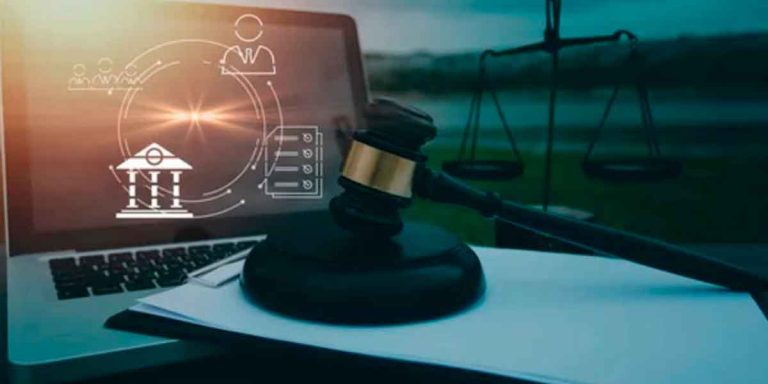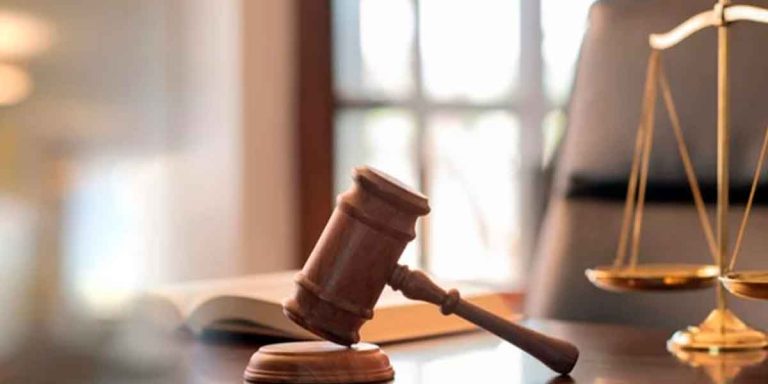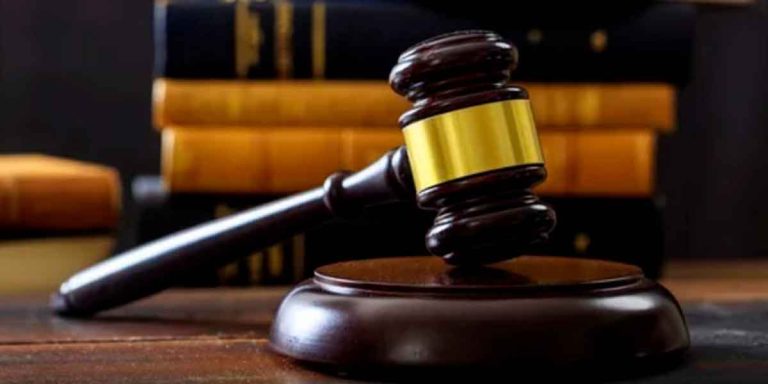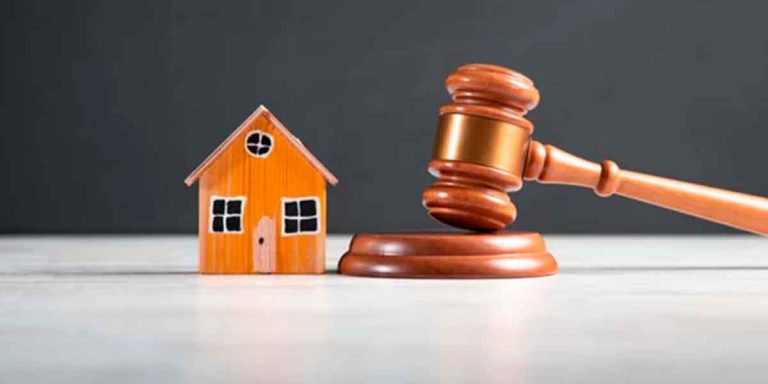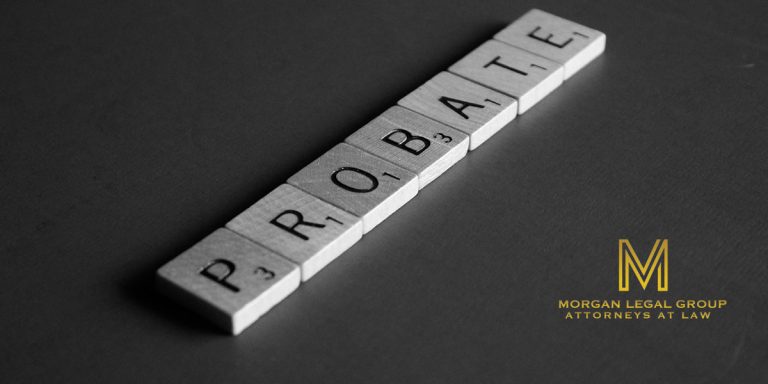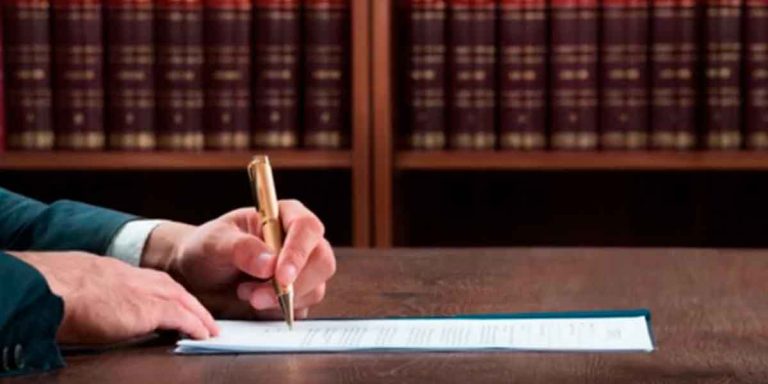A probate attorney is your best guide during probate. The concept of probate involves so many formalities and stages of which accurate knowledge is required. Not having an in depth knowledge of the New York probate process before embarking on it is the first grave mistake you can make when probating an estate. Not hiring a probate attorney near you is the second and even the gravest. The probate attorney 10037 offers legal and professional assistance to New Yorkers living within the area of that zip code.
At our probate law firm, we ensure the personal representative and family of the decedent understand the NY probate process and that costly mistakes are avoided by actively guiding the client in the execution of their roles.
Before hiring the probate attorney NY 10037, there are important things to understand about the New York probate process.
What is probate?
Probate is a court-supervised procedure carried out after an individual passes away, with the ultimate aim of lawfully disbursing the estate of the decedent. If the court finds their last will to be valid, i.e. compliant with New York requirements, the estate will be disbursed according to the content of the will.
What if the will is found to be invalid?
In the absence of a valid will, the estate will be disbursed according to the state laws of succession. The New York Law of intestate succession mandates that the first $50,000 of the estate plus half of the remaining assets must go to the surviving spouse. The other half will then go to the children. In the absence of a spouse, the entire estate goes to the children and vice versa. In the absence of either, the entire estate must go to the parents of the decedent or their siblings, or grandchildren, depending on the closest survivor in that order. If there are no surviving relatives, the estate goes to the state of New York by law.
Where is probate carried out?
Probate is carried out in the Surrogate’s Court in the county where the deceased domiciled and/or owned property. Since the laws of the locality will determine the probate system therein, it is important hiring a probate attorney from that same county who is well versed in the local laws. If you live within any area of zip code 10037, then you should consider hiring the probate attorney 10037.
Must every New York Will be probated?
Probate will only be done in New York when the decedent died leaving assets valuing over $30,000 in their name only. If the decedent only had real property and no assets, the real property will simply pass on to next of kin. If the decedent had no real property and their personal assets do not amount to $30,000, those assets will be passed through a simpler process known as small estate administration. You have to file a petition for “small estate” to the court and not “probate”.
When does probate begin?
Probate begins when the executor appointed in the will files a petition along with the will and death certificate of the deceased to the Surrogate’s court. If the will is valid, the executor is given a document known as letters testamentary which authorizes him to carry out his roles. In the absence of a valid will, an interested party may file a petition to be appointed as the estate administrator. This position is the same as that of an executor.
What are the roles of the executor?
The executor or estate administrator collectively known as a personal representative is responsible for the following:
- Initiating probate by filing the petition to the probate court
- Notifying the family of the deceased and all interested parties about the commencement of probate
- Collecting all assets held in the decedent’s name, valuating and appraising the estate
- Creating a checking account from which estate expenses will be paid
- Settling funeral expenses, court fees and attorney charges, estate debts and tax
- Disbursing the assets left over after the preceding step has been completed
- Closing the estate.
Am I going to pay my probate attorney from my own purse?
Attorney charges, court charges, funeral expenses, debts and tax are all paid from the estate purse rather than the executor’s.
Why should I hire a probate attorney?
A probate attorney offers professional guidance to the personal representative in the execution of the above listed functions. This is to ensure that costly mistakes are not made. Also, the attorney enlightens the executor and family about the whole process, thus eliminating controversies and unnecessary conflicts. As probate is a legal matter, having a legal professional working with you ensures that things are done with utmost efficiency and speed.
To have a hitch-free probate that concludes in the shortest time possible, contact the probate attorney 10037 NYC today.



